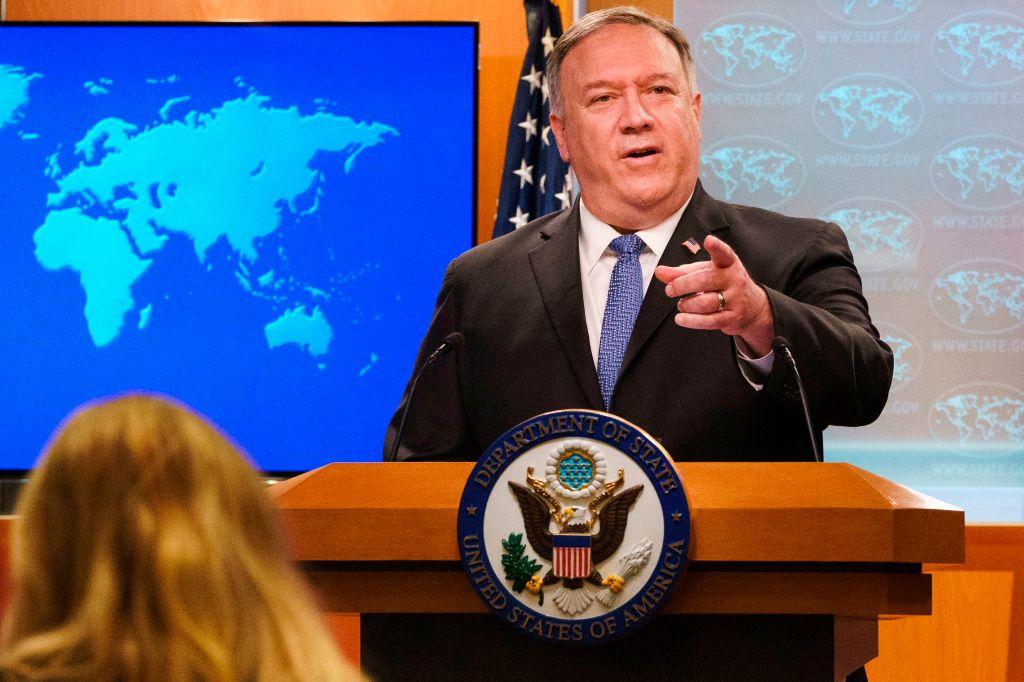The Trump administration, whether reelected or not, will continue to be tough on Beijing, said Secretary of State Mike Pompeo on Nov. 10.
Pompeo said the Trump administration is “not finished yet” when it comes to the “China challenge,” as the Chinese Communist Party (CCP) continues to be “the world’s number-one threat to freedom,” in a speech given at the Ronald Reagan Institute.





